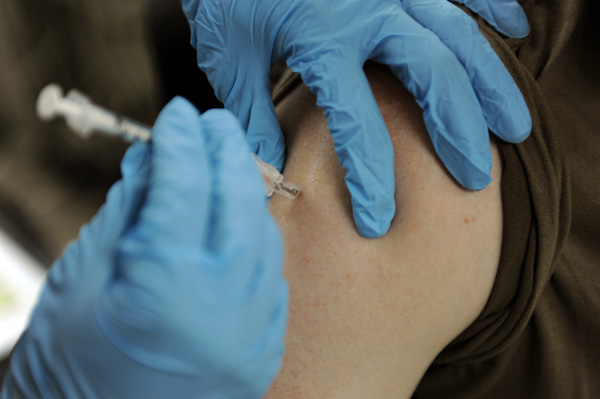Global vaccines company Sanofi Pasteur has announced a partnership with the U.S. Army’s Walter Reed Army Institute of Research (WRAIR) to co-develop a Zika vaccine candidate. The WRAIR has agreed to transfer its vaccine technology using a purified, inactivated form of the Zika virus, to Sanofi.
In collaboration with multiple government health agencies, the WRAIR will conduct Phase I clinical trials of their Zika vaccine candidate. In return, Sanofi will take responsibility of further development of the vaccine, including conducting Phase II clinical trials, establishing a clinical and regulatory strategy, optimizing production yields and characterizing the vaccine.
Sanofi is just one of multiple companies – including Inovio Pharmaceuticals, GeoVax and Bharat Biotech – in the race to develop a Zika vaccine. Sanofi is pushing to develop the world’s first Zika vaccine to both provide for the global health crisis, and further strengthen the company’s vaccine portfolio.
“We’re looking at this from both a short- and long-term perspective, collaborating to get into the clinic quicker to provide a vaccine in response to the current emergency, and adapting our own technology to ensure production capacity of a vaccine for years to come,” said David Loew, Executive VP and Head of Sanofi Pasteur, in a statement.
According to results from preclinical trials of the WRAIR-developed Zika vaccine – published in the journal, Nature – the candidate showed 100 percent protection against the Zika virus in mice. The authors of the study went on to say that based on these results, “the development of a [Zika] vaccine for humans will likely be readily achievable.”
In addition to the vaccine technology acquired from WRAIR, Sanofi is also leveraging their own platforms to develop a potential Zika vaccine. Sanofi won regulatory approval in late 2015 for its dengue vaccine, which the company hopes might also apply to Zika. The same surface-molecule technology has the potential to work for dengue, Zika and yellow fever, as all three viruses belong to the same flavivirus family.
“In addition to exploring our own vaccine technology used in our new dengue fever vaccine, we are looking at other pathways to get a Zika vaccine into the clinic as soon as possible,” said Loew. “Therefore, this exciting collaboration with the WRAIR creates the opportunity to rapidly move forward.”
So far, Sanofi’s own Zika candidate has not progressed into clinical trials, so it’s possible that they won’t be the first to get a vaccine approval. Last month, competitor company Inovio announced that their Zika vaccine candidate would be entering a Phase I clinical trial in a matter of weeks.












Join or login to leave a comment
JOIN LOGIN